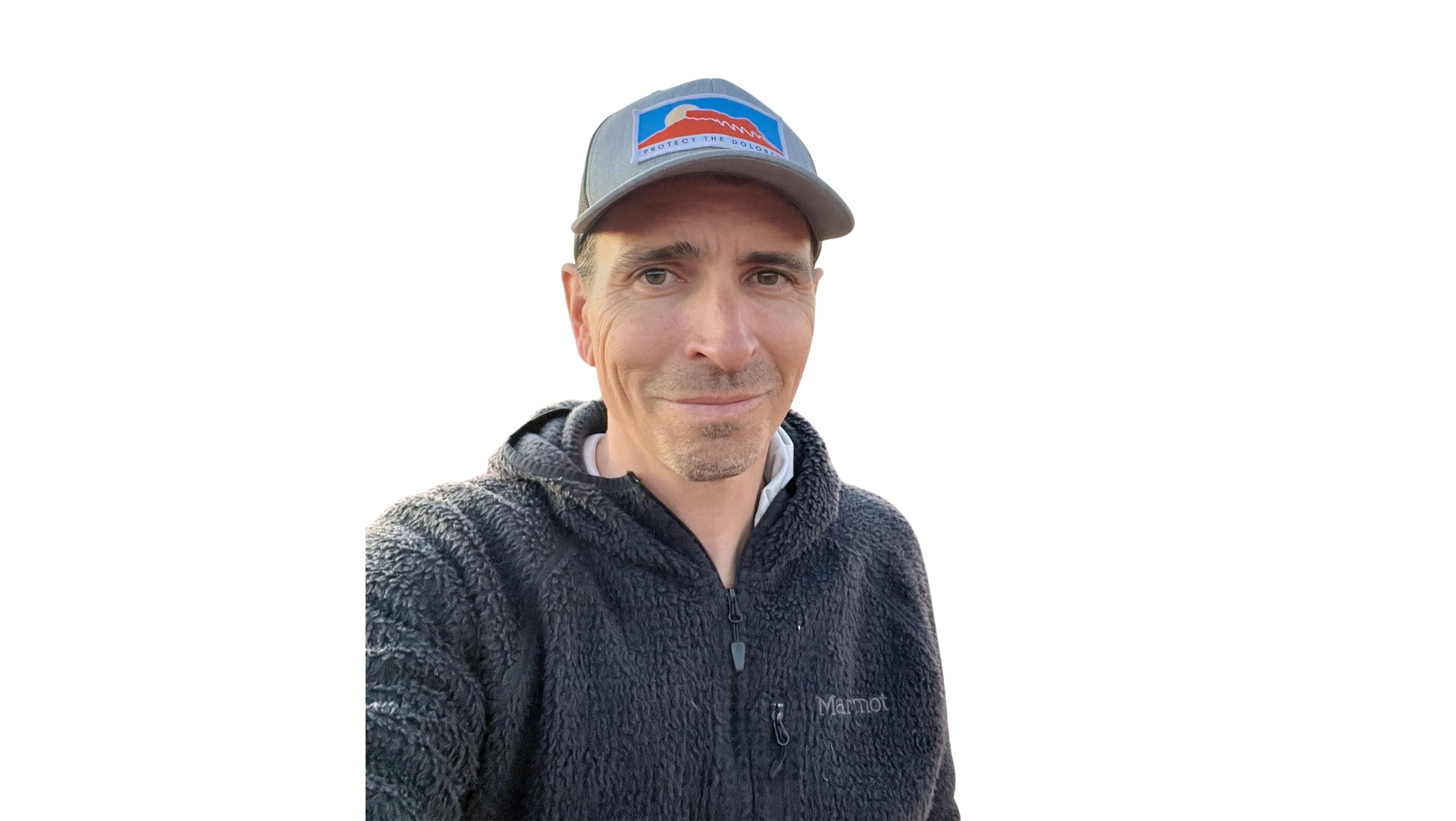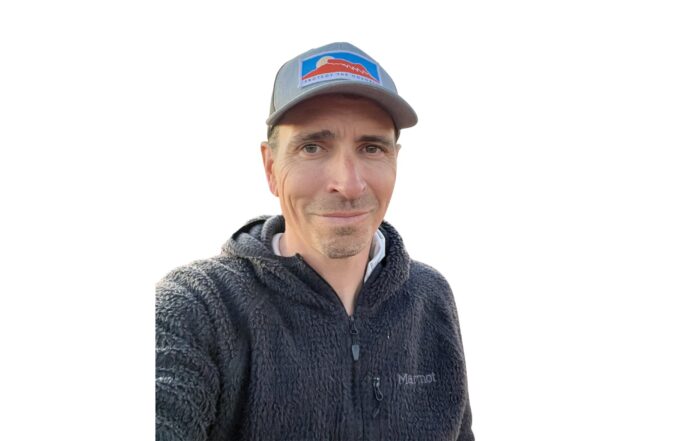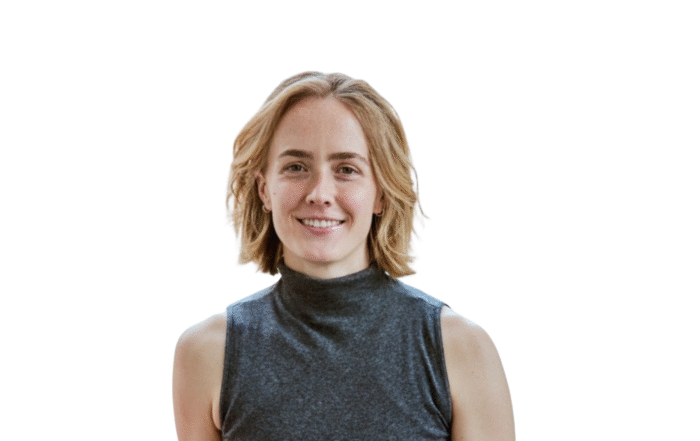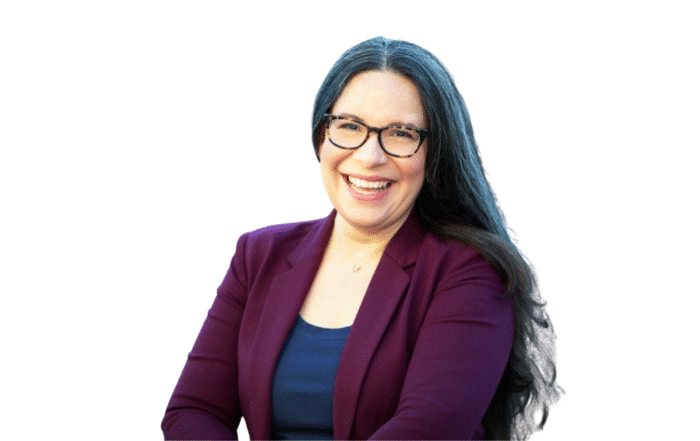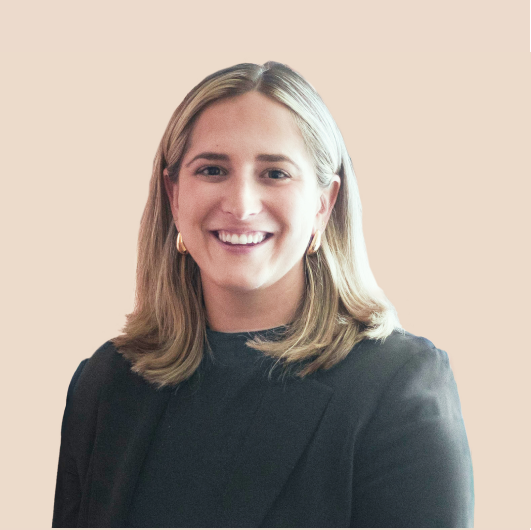
Morgan Caplan
Senior Communications Manager
His brief internship in outdoor education courses during the summer of ‘99 inspired a deep love of public lands and conservation. Today we’re featuring Scott Braden, Executive Director of Southern Utah Wilderness Alliance, where he works to defend Utah’s redrock wilderness.
About Scott Braden: Scott fell in love with Utah’s rivers and canyons as an outdoor educator and has gone on to devote his career to protecting public lands across the American West. He came to SUWA with over two decades of experience in conservation advocacy, nonprofit management, and organizational leadership. Braden most recently served as co-founder and director of the Colorado Wildlands Project, where he led efforts to protect Bureau of Land Management (BLM) lands in Colorado, including a national monument campaign for the Dolores River canyon country, securing a variety of administrative protections, and establishing a collaborative stewardship program.
We spoke with Scott over Zoom recently:
How did you get into the conservation world, and what brought you to SUWA?
I started my career in outdoor education with Colorado Outward Bound School. And I started as a summer job, packing food and gear for these outdoor experiential education courses. Over time, I began interning and instructing and leading these trips on public lands and some of the great river canyons and wilderness areas of the West, primarily in southern Utah on the Colorado Plateau.
Through those experiences, I was able to see the impact of wilderness and wild places—the positive impact on my students, on myself, and my fellow education instructors, outdoor instructors. At the same time, as I was learning about what I thought was the world’s greatest classrooms, I began to observe threats to these wild spaces—whether that be new oil and gas wells out a step further than they were the last time on the way to river access points, or hiking the trailheads and things like that or new off road vehicle routes or new vegetation projects—that were just sort of seeming to always make wild places ever smaller and shrinking.
So that’s what led me to conservation. It led me to first to volunteer and then to build a career around working to protect wild places, wild ecosystems, which I think have a profound impact on the health of our world and our climate.
What do you think is the biggest challenge that the public land movement faces today?
The public lands and wilderness movement are challenged by the biggest headwinds I think they’ve ever seen. And that is a systematic effort to dismantle the U.S. public lands system. You see that playing out in several ways. The state of Utah filed a lawsuit that was ultimately rejected by the Supreme Court but seeking to gain control of almost 19 million acres of public lands here in Utah. We see Congress passing legislation to undermine public lands in the recent Big Beautiful Bill legislation. We saw Senator Mike Lee, also from here in Utah, propose a provision that would sell off public lands under the guise of creating more affordable housing.
That was ultimately, due to grassroots organizing and people power, stripped from the final version of the Big Beautiful Bill, but there’s still tons of bad-for-public-lands provisions that made it into the final bill that make it easier to exploit public lands for industrial and extractive purposes such as oil and gas development, make it easier to lease, easier to nominate for oil and gas leasing, reduce the amount of public participation and environmental scrutiny on projects before they’re approved by compressing the timelines and limiting the opportunities for public participation.
And then in the administration itself, we’re seeing the Trump administration, mainly through Secretary Burgum, shift profoundly the way public lands are managed, whether that be through dramatic layoffs to staff of the agencies that are tasked with managing our public lands or even this language of public lands as assets on the nation’s balance sheet, as a way to really socialize and use language to see public lands differently as something to exploit or to trade or to commodify, which I think really narrows the appreciation many Americans have for public lands and how they benefit our nation and our communities.
So all of these things, I think these efforts, whether they be from here in the state of Utah or other Western states, whether they be from the Congress or the administration, I think they have the common goal of breaking the public lands system and making sure that public lands management doesn’t work. And that’s a justification for mass sell off and privatization of public lands.
And so SUWA’s leading in Utah to combat this effort, and we’re working with our partners across the nation to do that. And I think we felt like it was an important win to see that not included in the public land sell off, not included in the final version of the Big Beautiful Bill. But I think we have to be in this for the long haul. I think that it’s a many-pronged effort, sustained over time to dismantle our system of public lands, and we must win. If we care about climate, if we care about wilderness, and if we care about wildlife and all the many things that public lands provide for, then this is existential, and it’s a battle that we must win.
[The Big Beautiful Bill] really galvanized people against this notion of selling off and allowed us as an environmental community, as people who care about conservation, to build a much larger coalition. With people that sometimes we may disagree with about specifically how to manage public lands or what’s wilderness and what’s not, we all are united on this larger picture that we should have public lands, that we ought to have public lands, and that this is a really important concept to the country and deeply important to people.
What’s the biggest risk you’ve ever taken?
I think the biggest risk I’ve ever taken was the choice of my partner and I to become parents. With all the challenges from working in the field of conservation and public lands and, on a day to day level, being a participant and part of this sense of loss of wild places or degradation of our climate, I think that having children and the choice to become a parent is a defiant act of hope and optimism. And so it’s been a huge risk, I think, but it’s also one that has an enormous reward. And if we want to build a better future, raising kiddos that are going to help contribute to that better future and help build that better future, it’s an essential part of that.
What is something that would surprise people about you?
I was born in Georgia, in the South, and I grew up in a place with very few public lands. And so my connection to public lands and wild spaces was entirely discovered on my own through the course of my life. I didn’t have a childhood connection to public lands or wilderness.
Know someone who should be featured? Email us: info@echocomms.com.
Check out our recent conversations:
Sign up for our newsletter
Receive updates on our work, industry news, and more.
